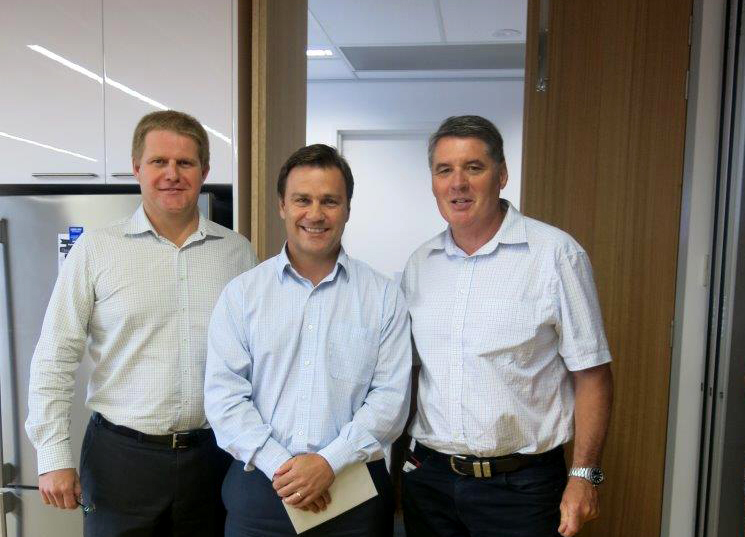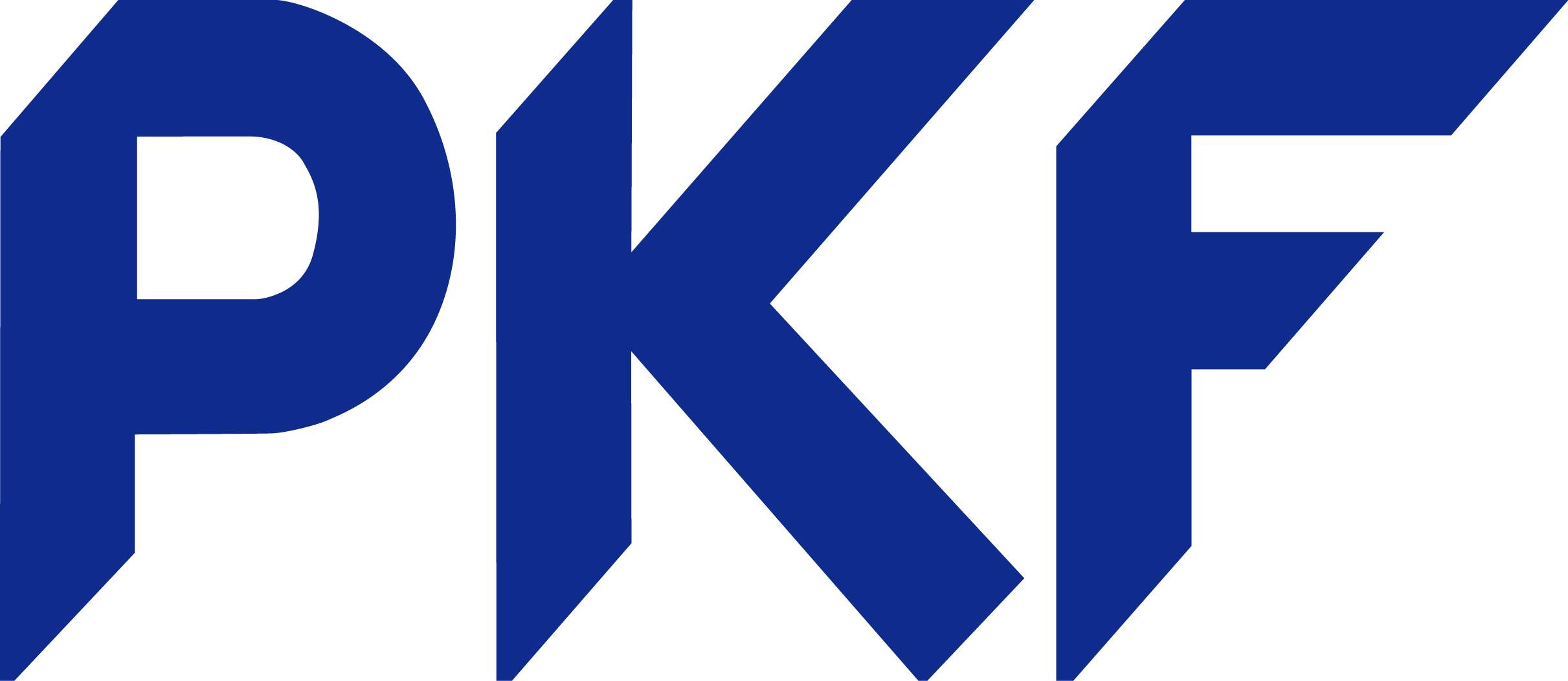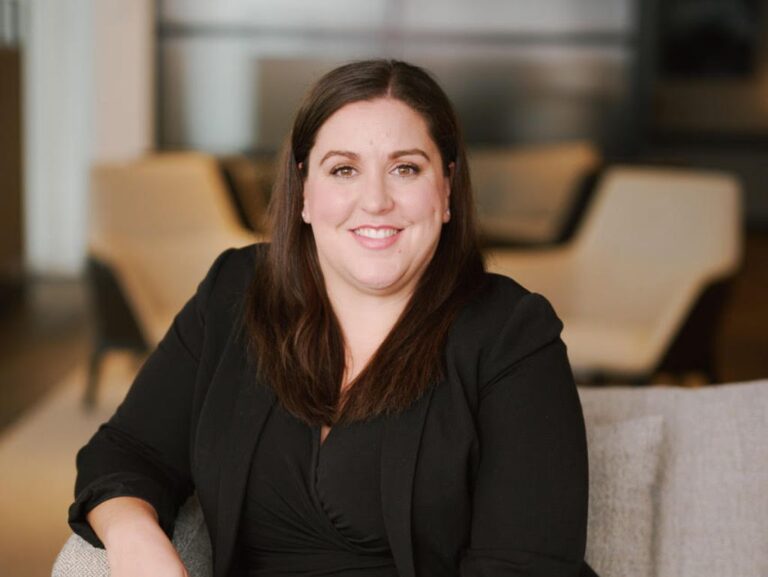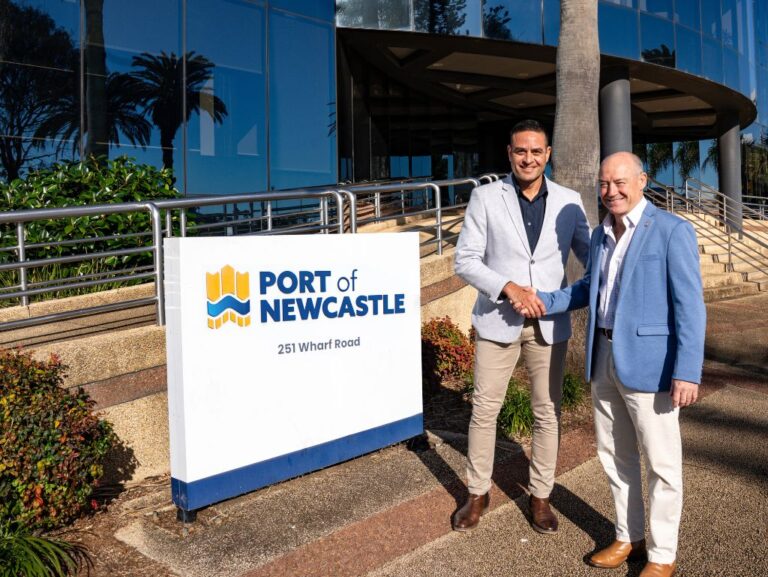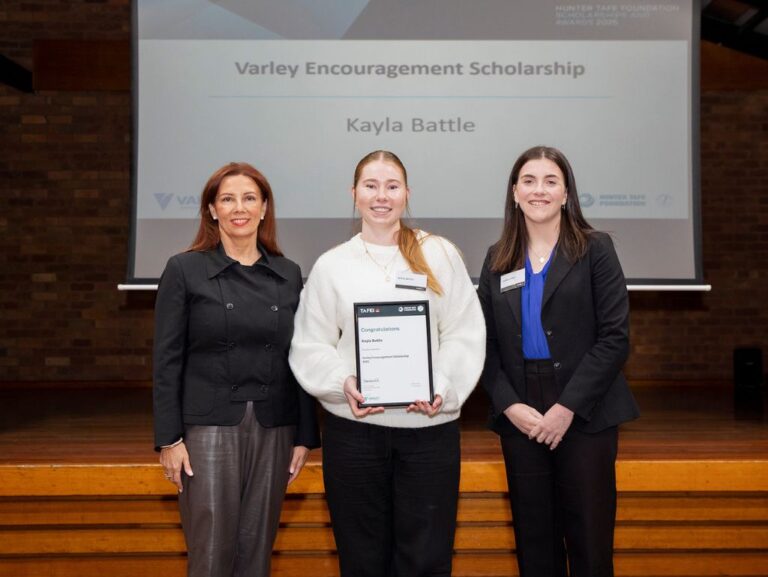Simon Rutherford began with PKF Lawler Newcastle as a Trainee Accountant and worked his way up as to his current position as a Partner and Director. He founded the Financial Planning Practice and also led the commencement of the Corporate Finance offering.
Outside of business Simon has a passion for sports including surfing, skiing, golf and most importantly soccer.
His leadership style is often governed by sporting analogies, with his focus on everyone coming to play. The people he leads are allowed to fail, but they’re not allowed to not try.
For a snapshot of our audio interview with Simon Rutherford, please view the above video.
TO READ THE EDITED INTERVIEW TRANSCRIPT, PLEASE SEE BELOW.
- What path led you to your current role?
It started pretty early on. I was an avid reader when I was young and I had a thirst for knowledge.
My parents encouraged me to go to University, and I didn’t know what I wanted to do, so I applied for a few different apprenticeships. The one that took my interest was Lawler & Davidson (at the time). Two young guys that had opened this own business, they seemed dynamic and driven and that had the right feel. I went with them and I haven’t looked back.
In particular Terry Lawler is a challenging man to work with – in a good way.
The other part of my life is that I’ve sat on a few boards and one in particular is a local story is Pacific Smiles. About 18 years ago Alex Abrahams gave me the opportunity to act as a Director on the board of the company. It was a very early stage, probably earlier than he needed to. What that meant for me was that rather than being in the seat and advising people from the outside advising people it allowed me to do strategy and be a part of a business from within. And that was a really valuable exercise after I did the AICD course.
Alex has a strong sense of entrepreneurship, positivity and he’s very forward thinking. It’s a bit clich√© but looking at surrounding yourself with good people.
- What tricks do you have to manage your priorities and your time?
I think you need to stay absolutely true to your priorities and what matters. Because they so much influence the choices you make. If you don’t and you say yes to everything ‚Äì because it makes you feels good and people want you to do things ‚Äì you become much busier than you need to be.
I try to live by the code of health, family, work. If you don’t have your health you’re not good to anyone.
Communication is key. Making sure you set expectations or understand other peoples expectations. Sometimes it’s ok to say no, once you understand where everything fits.
- What values should a leader embrace?
Lead with passion and inspire people.
Help them go beyond what they thought was possible. Whether that be for themselves or in their business or their working life, I think if you ask the right questions and you understand what makes them tick and their capabilities.
Setting a very clear direction and expectations for your team is critical. I have a couple of simple rules, one of them is that in my team you’re allowed to fail, but you’re not allowed to not try.
I try and give people permission to play. People here say they always see sporting analogies come into what I say, but what permission to play means is that I want you to work without inhibitions. If you see an opportunity I want you to take it, without worrying about whether you get it wrong. I’d rather set an outcome rather than a process and without me dictating how it will work.
- How do you define the difference between a Manager and a Leader?
Leaders clearly the set goals, hold the team accountable and lead them to success.
Managers bring the team together. Not everyone has the ability to forward plan, set very clear milestones and set goals. For me, Managers are the ones that are able to bring it together and deliver on the outcomes.
Not all leaders are great managers in that sense. Often leaders are more right-brained and visionary.
The management style I like to work with is, rather than dictating how it’s going to be and have a penalty-type regime. I’d rather set the bar and everyone knows where it is.
- What do you believe makes business in the Hunter unique?
I get to go to Sydney a lot, as we have a Sydney office. I love doing business there ‚Äì decisions are made fairly quickly, it moves very fast ‚Äì but I wouldn’t choose to live there.
I think the relationships in the Hunter are much greater. You hear all the time it’s very parochial and that’s true, but it’s about the strong relationships. There is a strong desire to do business in the Hunter.
The other thing I think makes it unique is that in my time I have seen two industries dominate ‚Äì steel, which is long-gone now and coal. I’ve attended a couple of young leaders forums and the biggest concern is, once we’ve dug the holes and the black stuff is out of the ground, what legacy have we left?
We’ve got such a great opportunity with the rebirth of the city to be able to reinvest in new technologies and new businesses. The new campus in the city is great for a smart culture, and I think it fits with the caf√© and cosmopolitan scene we’re developing.
There’s a real opportunity for us to change and be able to have a real legacy for the next generation, rather than a reliance on coal.
I’d love to see the Port take off under the new ownership and create new opportunities, rather than just being a large primary goods Port. It’s a beautiful Port and City, so there prospects to do other things.
Ultimately the Hunter lifestyle is a point of difference. Being able to do business here, and be able to go to the beaches un-crowded, go to the Vineyards, everything’s just there. There are some wonderful success stories that come from the Hunter.
Obviously there’s our business, which started here in the Hunter and is now national, Pacific Smiles, Amp Control, nib, the building societies, that have been able to take what we have here and the innate qualities and take them into the broader market.
Image | Steve Meyn, Simon Rutherford and Ray Tolcher

